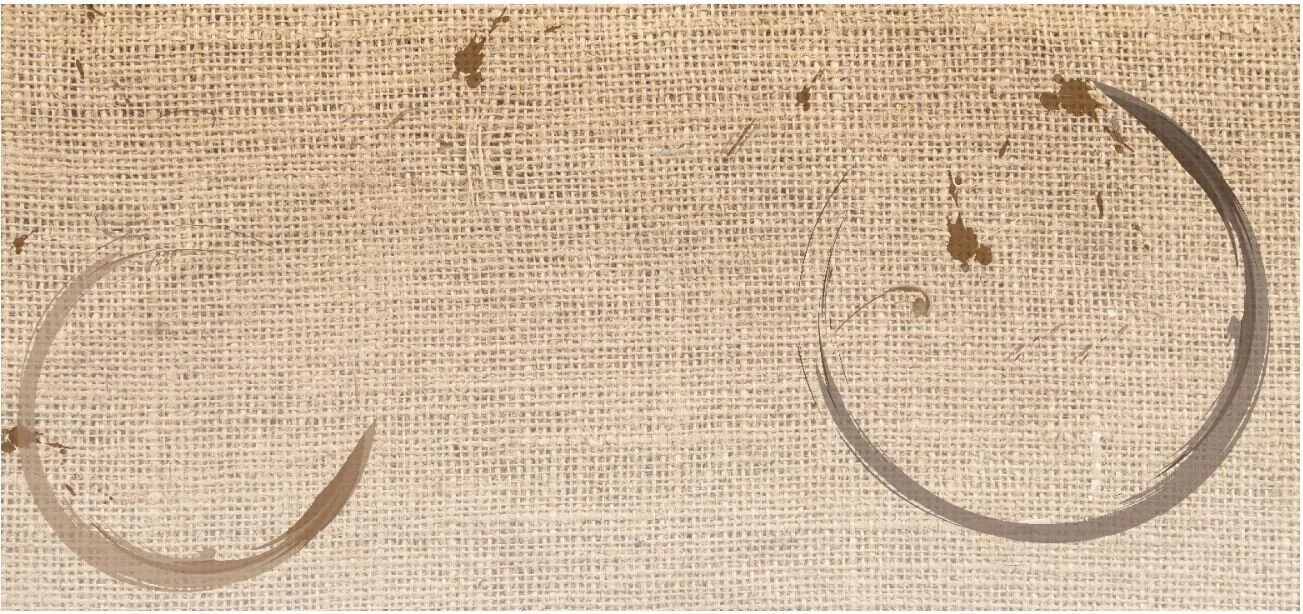Spilling the Beans on Coffee
by Maura Sackett
Millions of Americans drink a hot cup of coffee each day. With Starbucks, Dunkin’ and a slew of independently owned stores surrounding us, we now have unparalleled access to the caffeinated glory that is coffee. As college students, many of us thrive off multiple doses of the drug every day. When we wake up, when we go to class, while we write that seven-page paper we should have completed two days ago – a mug of that bitter deliciousness is clutched in our hands. The good news for those who survive on coffee is that there are some health benefits that come along with enjoying the drink; however, there are still some drawbacks.
An advantage for caffeine drinkers is that many studies, such as a JAMA Internal Medicine article, have found that those who drink coffee have a lower risk of dying from health issues such as cardiovascular disease or cancer. However, the research focuses on correlation – and as any good statistics student knows, correlation does not equal causation. As such, researchers cannot definitively state that coffee is the reason that those who lived longer did, in fact, live longer.
For those of us who consume caffeine on the daily, I have more good news: coffee may protect against dementia and Alzheimer’s disease. Inflammation of the brain is reduced by drinking caffeine as adenosine receptors are blocked by the molecule. However, we would have to drink three to five cups of coffee every day if we want to see our chances of these diseases decrease by sixty-five percent.
One downfall to coffee consumption is something most coffee drinkers know all too well – withdrawal. We all recognize when someone has not had their morning dose – the bleary eyes, rash temperament and moodiness of the person lacking their fuel is obvious. Just like any other drug, caffeine is addictive, and you can experience withdrawal. According to “Caffeine Withdrawal: A Parametric Analysis of Caffeine Dosing Conditions,” 300 milligrams of caffeine – the equivalent of about two cups of coffee – is enough to have consistent withdrawal effects. These can differ depending on the individual, but as we drink more caffeine, dependence on the substance grows until we can no longer function without it.
Though coffee can wake us up, drinking it can also cause increased anxiety levels. With about forty-two percent of college students reporting that anxiety was their top concern, adding onto that stress is definitely a downside to drinking coffee. Because caffeine is a stimulant, the “fight or flight” response activates whenever you consume a caffeinated beverage. Anxiety also prompts this response. As such, when you drink coffee, multiple sources are activating your sympathetic nervous system and thus heightening your anxiety levels. Not to mention, because caffeine is a stimulant, it can cause sleep problems – increasing your anxiety even more.
Despite research showing that caffeine may reduce the risk of cancer, the American Cancer Society warns against completely trusting these claims. This is because the result that cancer is reduced by drinking coffee is not consistent across experiments. Smoking habits may contribute to this disparity, as the risk of smoking increases by sixty-one percent in smokers who drink coffee. As such, the difference in the experiment’s conclusions could come from the fact that individuals can develop cancer or heart problems due to the carcinogens in cigarettes rather than due to the caffeine.
These caffeinated beverages definitely help us to rouse out of our slumber and clear our foggy minds, but they may also help us in our goal of a healthier life. Next time you drink caffeine you might just be staving off the onset of Alzheimer’s or lowering your risk of certain cancers. On the other hand, you may also be setting yourself up for withdrawal symptoms and a hankering for another cigarette. Whatever the case may be, coffee still exists as the life-blood of modern American culture and the fuel for our young adult minds.
